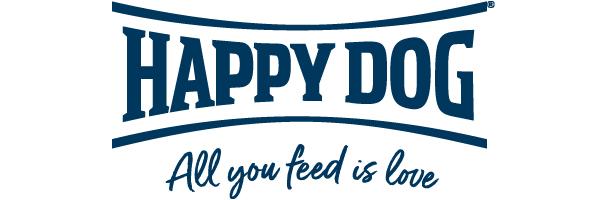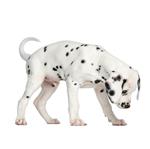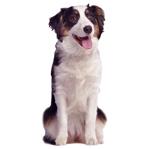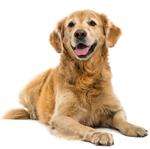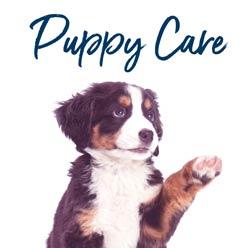| Ideal weight in kg | Normal requirement adult dog (g / 24h) |
| 2 | 48 |
| 3.5 | 73 |
| 5 | 95 |
| 7.5 | 130 |
| 10 | 160 |
| 15th | 215 |
| 20th | 265 |
| 25th | 315 |
| 30th | 360 |
| 35 | 405 |
| 40 | 450 |
| 45 | 500 |
| 50 | 530 |
| 60 | 605 |
| 70 | 680 |
| 80 | 750 |
Available only on the recommendation of a veterinarian.
Feeding young animals up to 6 months of age, pregnant or lactating bitches or animals with kidney or liver disease is not recommended.
Additional information:
- It is recommended that you seek the advice of a veterinarian prior to feeding.
- For an optimal effect only the diet should be fed. Additional food should be discussed with the treating veterinarian.
- The amount of feed is to be adapted to the individual metabolism of the animal and may have to be reduced or increased in moderation over time.
- Unless otherwise recommended by the vet, offer several small meals a day * Always provide fresh water.
- In the case of mixed feeding, please note: 150g wet food corresponds to 31 g dry food

